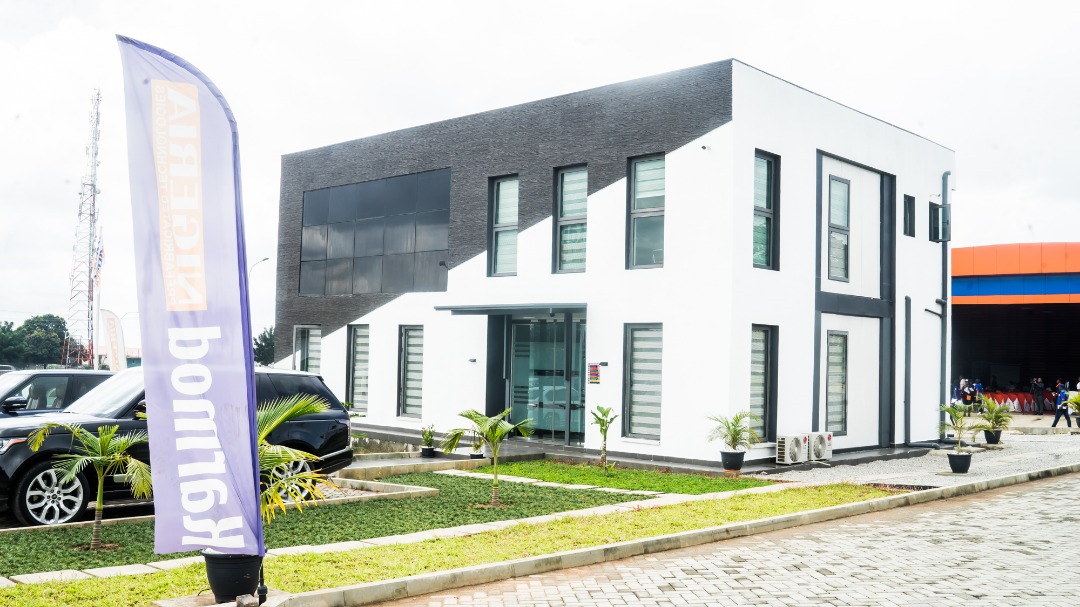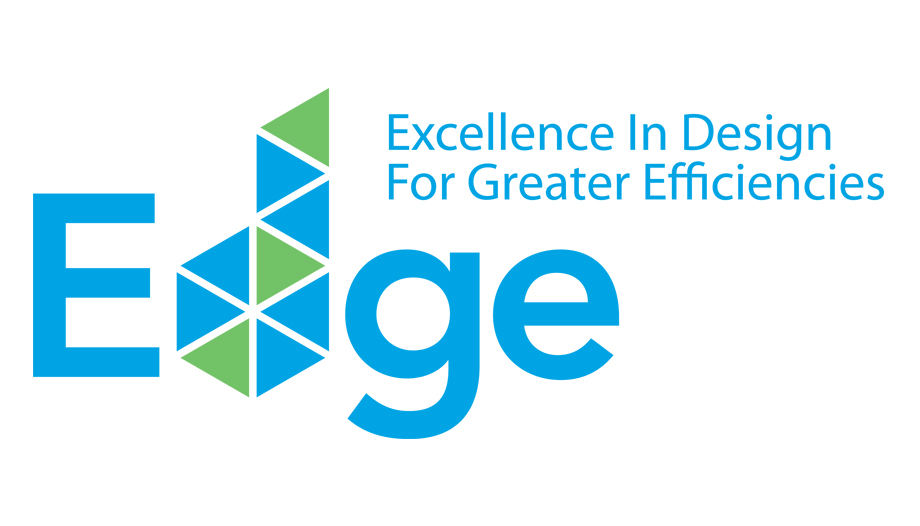
To fight climate change, the world must re-think how buildings are designed, developed, rendered, built, and operated. As a result of unsustainable construction practices, buildings account for 35 – 40 per cent of energy-related greenhouse gas emissions. As the real estate industry, governments and policy leaders map strategies and take action to meet current and future housing demand, sustainability must be a defining consideration.
The good news is that forward-looking developers and real estate players are responding to this call to build more sustainably. First, because it is the morally responsible thing to do, and second, it makes sound business sense. Green homes use energy and water more efficiently, are cheaper to live in and operate, and leave a significantly lower carbon footprint.
In Nigeria, KARMOD, an innovative building construction company, is championing prefabricated green homes as a more environmentally friendly and sustainable path to affordable housing delivery.
A typical KARMOD prefabricated green home comes with a pair of solar panels and a small lithium battery inside with an inverter that can be metered. The simple system generates enough power for the basics: a fan, cell phone, fridge, and lighting, with six hours of backup battery time.
One of the KARMOD signature projects is Abacus One a 90-housing unit estate that sits on 13,567sqmof land in Nigeria’s capital city Abuja. The project received EDGE Advanced certification for achieving at least 40 percent less energy consumption compared to a similar project in Abuja.
Abacus One is a mixed-use sustainable living community that comprises 36-units of two-bedroom apartment buildings, 14 and eight units of two-bedroom and three-bedroom semi-detached bungalows respectively and five units of three-bedroom detached bungalows.
The prices range from N9.7 million for the two-bed apartments to N15 million for the 3-bed detached bungalows.
For the CEO of KARMOD, Hakeem Shagaya, Africa’s housing shortfall presents a unique opportunity for developers to innovate. He sees blending the advantages of prefabricated buildings with EDGE Certification as a key to success, business differentiation, market leadership, and responsible climate-smart investing.
“The need to champion a different, sustainable, and environmentally friendly building methodology to redress Nigeria’s housing deficit led us to establish KARMOD. We set out to prove that it makes perfect business sense to build sustainably using prefabs,” he added.
Shagaya said EDGE fits into KARMOD’s business model and has helped the company to enhance efficiencies in its building technique in terms of water and energy usage, thus reducing the negative impact on the environment.
 “Sustainability, innovation, and the desire to differentiate from the competition have been at the core of my vision for KARMOD from day one. So, a partnership with EDGE was therefore a natural and logical move. My prefab walls passed EDGE certification standards efficiency because we do not use deep concrete wall. Where we had issues was plumbing. I didn’t know there were faucets that would regulate water, I didn’t know there were ways to get some other types of pipes. EDGE showed me a better and more efficient way of plumbing and wiring, and we added it to our building style,” he said.
“Sustainability, innovation, and the desire to differentiate from the competition have been at the core of my vision for KARMOD from day one. So, a partnership with EDGE was therefore a natural and logical move. My prefab walls passed EDGE certification standards efficiency because we do not use deep concrete wall. Where we had issues was plumbing. I didn’t know there were faucets that would regulate water, I didn’t know there were ways to get some other types of pipes. EDGE showed me a better and more efficient way of plumbing and wiring, and we added it to our building style,” he said.
He added that while KARMOD is thriving as a business, the EDGE climate impact measurements also make clearer KARMOD’s contributions to the global fight against climate change.
According to Shagaya “Building green with EDGE does not only make sound business sense, but it also affords us the opportunity to play a role in making the planet a better place for today and for tomorrow.”
 In six years, KARMOD, with a clientele that comprises United Nations, UNICEF, the U.S. Embassy, the Nigerian Army and Navy, has completed over 531 prefabricated green projects. The projects range from housing, office accommodation, project sites, and industrial. The company is also quickly expanding its market to other African countries. In the last two years, KARMOD has opened branch offices in Kenya and Uganda.
In six years, KARMOD, with a clientele that comprises United Nations, UNICEF, the U.S. Embassy, the Nigerian Army and Navy, has completed over 531 prefabricated green projects. The projects range from housing, office accommodation, project sites, and industrial. The company is also quickly expanding its market to other African countries. In the last two years, KARMOD has opened branch offices in Kenya and Uganda.
Shagaya further said KARMOD has exceeded his initial business projections.
“I have always had big dreams to disrupt the housing market in Nigeria and Africa and push it towards a more sustainable and environmentally friendly path. But my start-off goal was to hit about 200 projects. That we have been able to more than double this figure in six years and now have a presence in other African countries is a testimonial to market demand, continent-wide acceptance of sustainable structures, and the potential of prefabricated green buildings for massive scale,” he added.
Chieshe is a housing policy analyst based in Abuja
This Article was first published on Thisday Newspaper – https://www.thisdaylive.com/index.php/2022/02/28/championing-prefabricated-green-buildings-in-nigeria-with-edge/


